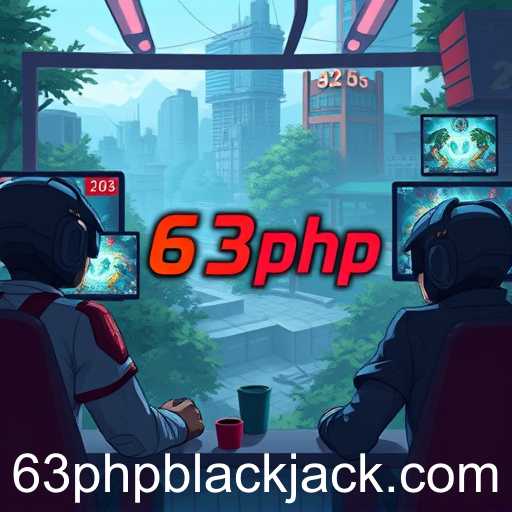An exploration into the impact of 63PHP on the gaming industry, examining current trends and technological advancements.
As the online gaming landscape continues to evolve, the year 2025 has ushered in significant advancements in gaming technologies. One of the standout innovations in the industry is the emergence of '63PHP,' a keyword that has become synonymous with a popular English gaming website. This website has rapidly climbed the ranks, offering a diverse range of gaming experiences that appeal to a global audience.
63PHP has focused on creating an immersive environment where game enthusiasts can indulge in their passions while also enjoying a seamless, technologically advanced platform. Their use of cutting-edge PHP technology has allowed for faster load times, smoother game transitions, and an overall enhanced user experience.
Industry experts are keenly observing the impact of 63PHP on current trends. The gaming world has seen a rapid shift toward decentralized platforms and blockchain technology, but 63PHP is noted for its strategic retention of traditional linear play while incorporating new-age features. This hybrid approach is not only setting a precedent but also sparking discussions on future trajectories in gaming technology.
Reports indicate that user engagement on the 63PHP platform has witnessed a significant upward trajectory, partly due to their commitment to community feedback and regular updates. This dynamic approach has kept players invested, continuously hungry for the next offering from the website.
Moving forward, the emphasis for 63PHP will likely involve embracing artificial intelligence while expanding their interactive capabilities. By doing this, they aim to set a new benchmark for what users can expect from an online gaming experience.
As this year unfolds, staying abreast of these evolving dynamics will be essential for stakeholders within the gaming industry. Websites like 63PHP are not only steering current discourse around technological integration in gaming but are also inviting broader reflections on the potential of gamified digital spaces.




